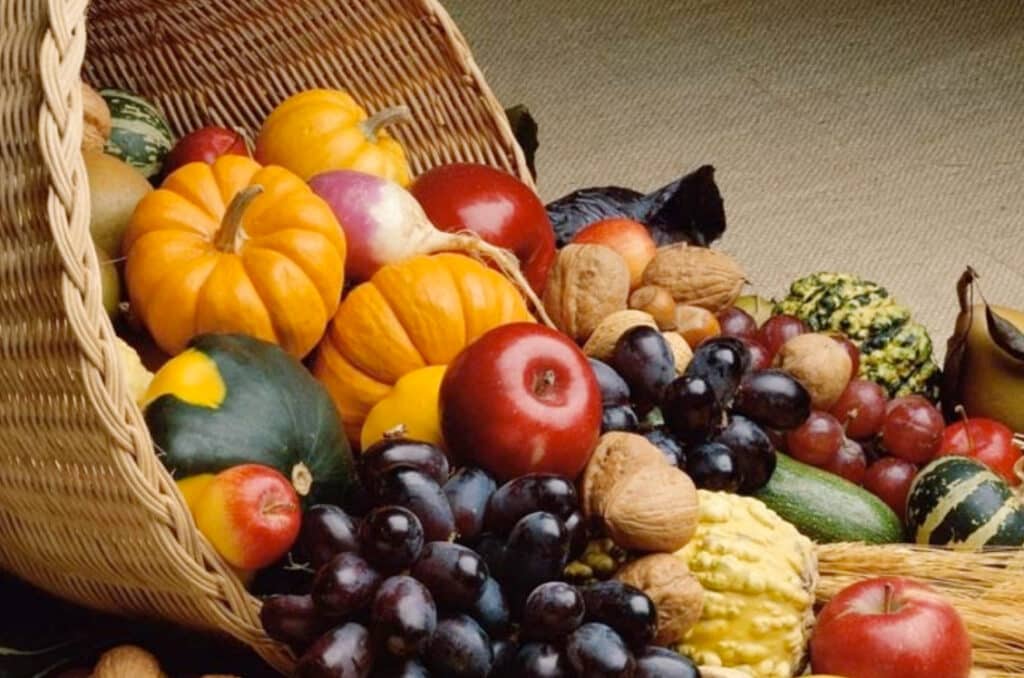Source: Kamran Mahroof and Sankar Sivarajah, The Conversation, 19 Augustus 2021, photo credit: The people of The United Methodist Church
The COVID pandemic has shown the fragility of our global food supply chains, with many supermarkets and restaurants in almost every country having experienced food shortages. Millions of people in the UK alone have experienced severe food insecurity during COVID-19, according to a recent report by the country’s Foods Standards Agency. But food shortages were prevalent long before the pandemic.
At the same time, one-third of all food produced each year is squandered or spoiled before it can be consumed. Research also suggests that high-income countries waste as much food as sub-Saharan Africa produces.
This food waste then ends up in landfills to rot – which releases greenhouse gases. And when this is combined with the amount of energy it takes to produce, manufacture, transport and store this food, it contributes a staggering 3 billion tonnes of carbon dioxide to our planet. To put that in context, if food waste was a country, it would be the third-highest emitter of greenhouse gases in the world, after the US and China.
But the good news is there are numerous techniques, technologies and policies that together could help reduce global food waste at every point in the process of producing and consuming it.
Read more
The South African Pork Producers’ Organisation (SAPPO) coordinates industry interventions and collaboratively manages risks in the value chain to enable the sustainability and profitability of pork producers in South Africa.
















